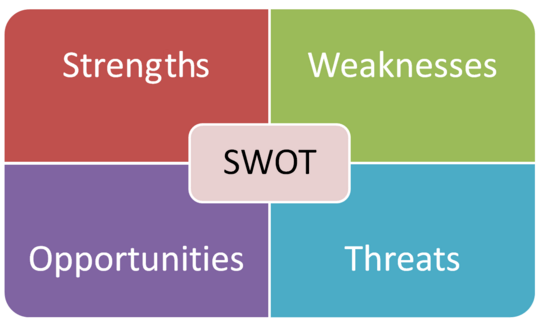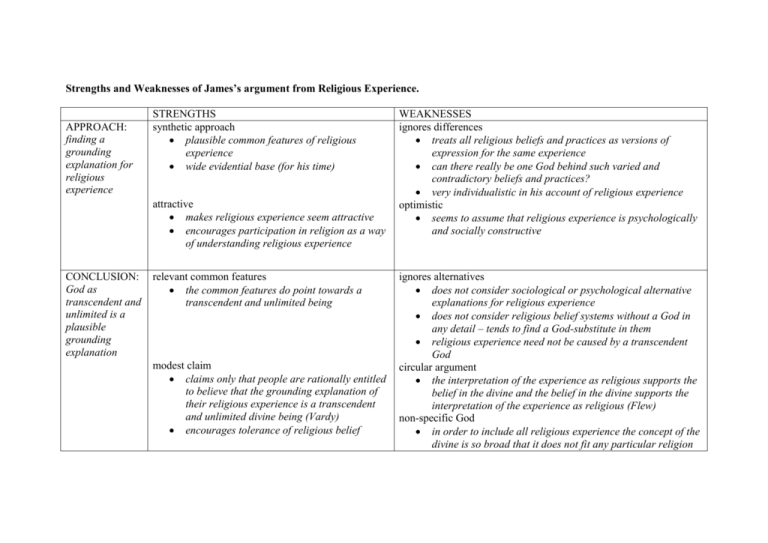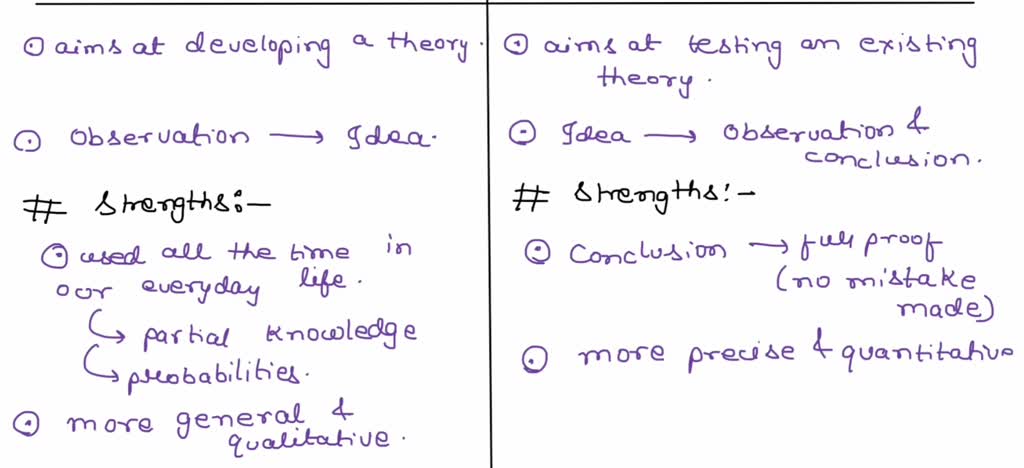Inductive reasoning is a method of reasoning in which a person infers a general principle or conclusion from specific observations or examples. It is a form of reasoning that moves from specific observations to a general conclusion, as opposed to deductive reasoning, which moves from a general principle to a specific conclusion. Inductive reasoning is commonly used in scientific research and in everyday life to form hypotheses and make predictions.
One of the strengths of inductive reasoning is that it allows for the discovery of new ideas and theories. By making observations and gathering data, a person using inductive reasoning can form a hypothesis and test it through further observations and experiments. This can lead to the development of new theories and understanding of the world around us.
Another strength of inductive reasoning is that it can be used to make practical decisions in everyday life. For example, if a person notices that their car starts more reliably on cold mornings after they put a block of wood under one tire, they may conclude that putting a block of wood under a tire can help a car start more reliably on cold mornings. This conclusion is based on specific observations and can be useful in making practical decisions.
However, inductive reasoning also has some weaknesses. One weakness is that it is based on observations and data, which may be limited or biased. This can lead to incomplete or inaccurate conclusions. For example, if a person only observes a small number of cases, their conclusion may not be representative of a larger population. Additionally, if their observations are biased, their conclusion may not be accurate.
Another weakness of inductive reasoning is that it is not as certain as deductive reasoning. Deductive reasoning moves from a general principle to a specific conclusion, and the conclusion must be true if the principle is true. In contrast, inductive reasoning moves from specific observations to a general conclusion, and the conclusion may not necessarily be true. This means that inductive reasoning is more prone to errors and can be less reliable than deductive reasoning.
In conclusion, inductive reasoning is a useful method of reasoning that allows for the discovery of new ideas and the making of practical decisions. However, it also has some weaknesses, including the potential for incomplete or biased observations and the possibility of error. It is important to consider both the strengths and weaknesses of inductive reasoning when using it to form conclusions and make decisions.







